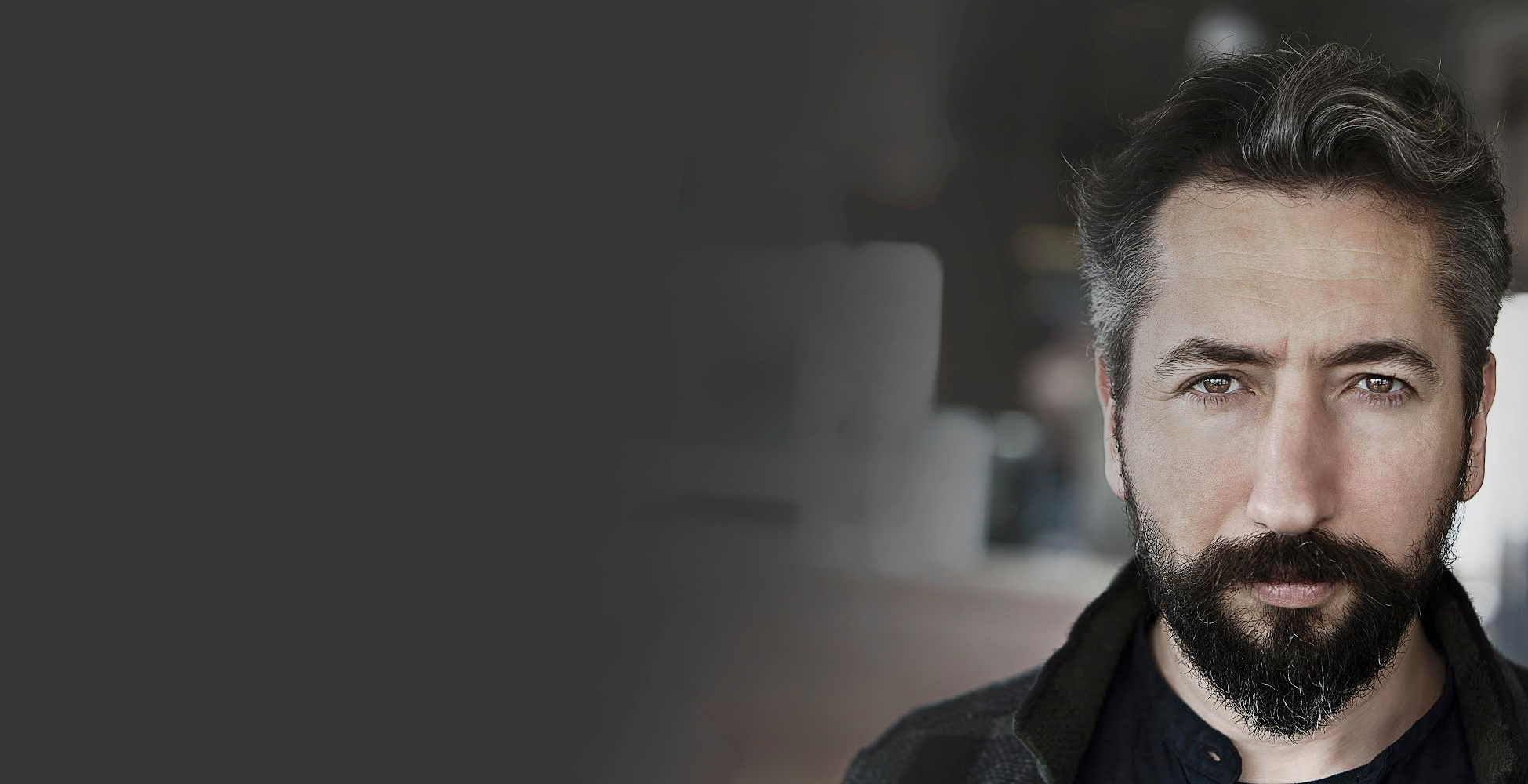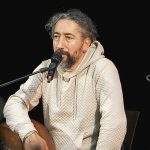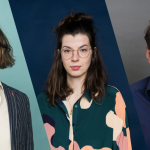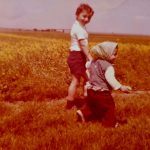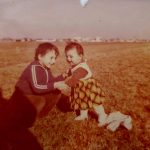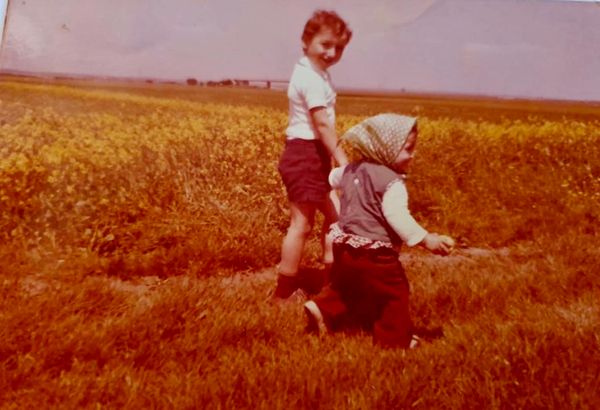Musician, composer, teacher and Chief of the World Music Department at Pop Akademie Baden-Württemberg Kemal Dinç, shared his immigration story, how music played a role in this story and how his music is affected by this story with us.
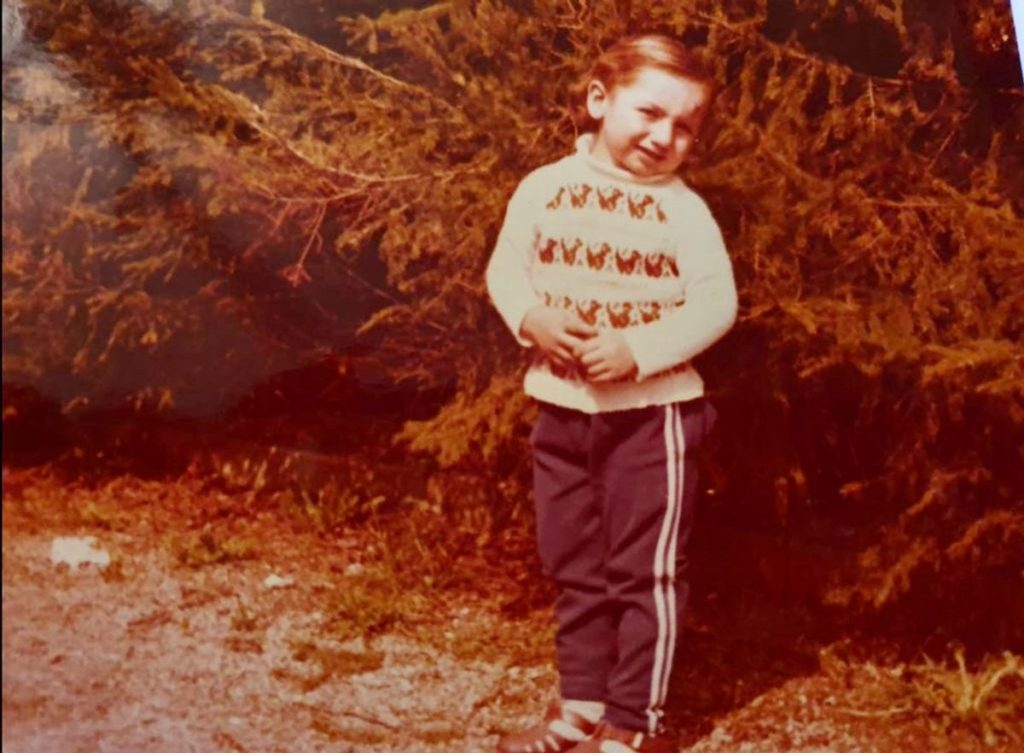
I was a kid who was educated at the Türkan Şoray Elementary School in Istanbul, who spoke Turkish fluently. From an early age I experienced the theatre plays and events performed at our school by Boğaziçi University students. I was in the school band.
At 11, I arrived at this country where I didn’t speak the language. The German administration was ill-prepared for the unsolicited migration of the 80’s. No education program for foreigners existed then as it does now. From one day to the next, kids were forced to face education in an entirely unfamiliar language.
So in those days I’d also been made to feel like a strange creature fallen from space onto Earth. Even my family felt like strangers. I had siblings but I felt alienated from them as well. I still talk with my mother about those days, she tells me, “We didn’t really get you, you were so different.”
There was only one thing in those days that felt familiar to me and that was my father’s bağlama on a peg on the wall, which he would take down maybe 3, 5 times a year to play.
I felt an affinity with the bağlama: I recognized and knew it but it was only in those days that I began to truly get to know it. My social life was virtually nonexistent. I did go to school but did not join in groups and sports activities because of the language barrier. As such I focused on the bağlama and started practicing night and day. By 13-14, I knew and played that saz well. It was my only friend.
Once the time came to learn a trade, I announced to my family that I wanted to study at the conservatory. I was told that I would not make any money down that path. This while becoming a musician was all I ever dreamed of.
A few years later, I left home to pursue that dream. I moved in with a Greek friend I knew from before. He was a drummer and made fusion music. I was thus introduced to a whole different world. Bağlama in tow, I got in with rock, hiphop and other such genres of music. I thought that there should be a school for all that and wanted to study music myself. In fact, at a recital, a guitar instructor who had really warmed up to the bağlama said to me: “If you can’t study the bağlama, you can at least study the guitar. I’ll instruct you free of charge, but on one condition: even if you learn the guitar, you may never give the bağlama up.”
So my academic life began, with the guitar. I made many multifaceted friends in Leipzig where I studied and got my master’s degree. I got to see the world, so to speak.
A nice thing about schools in Germany is that they’re filled with students who come from all over the world and contribute something of their own cultures and themselves even as they receive instruction in classical music. My Italian classical guitar instructor used to tell me constantly: “When you make classical music, learn and practice with German discipline but don’t play like a German. That is to say, putting that framework you’ve brought with you from Anatolia into the guitar, into music, is what matters.”
Source Link:
https://aposto.com/s/614f0c6847db460006f0666f
